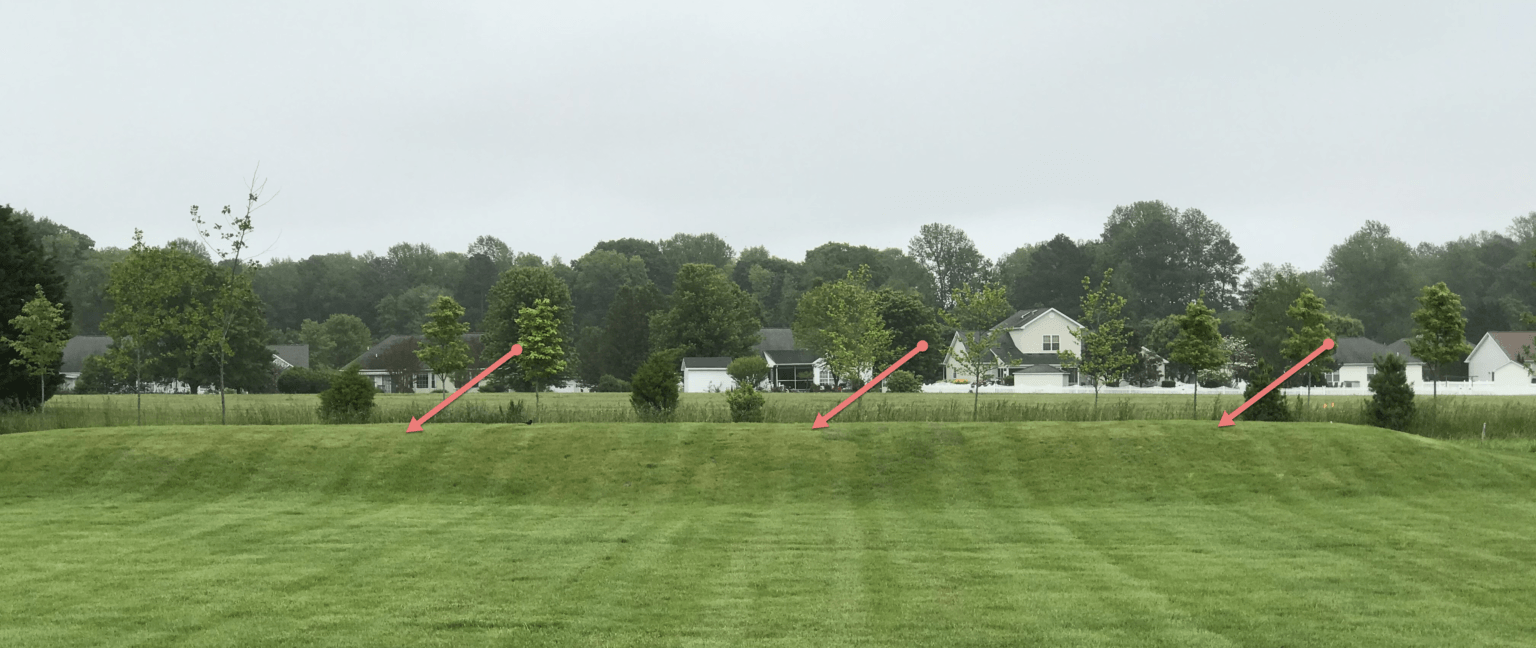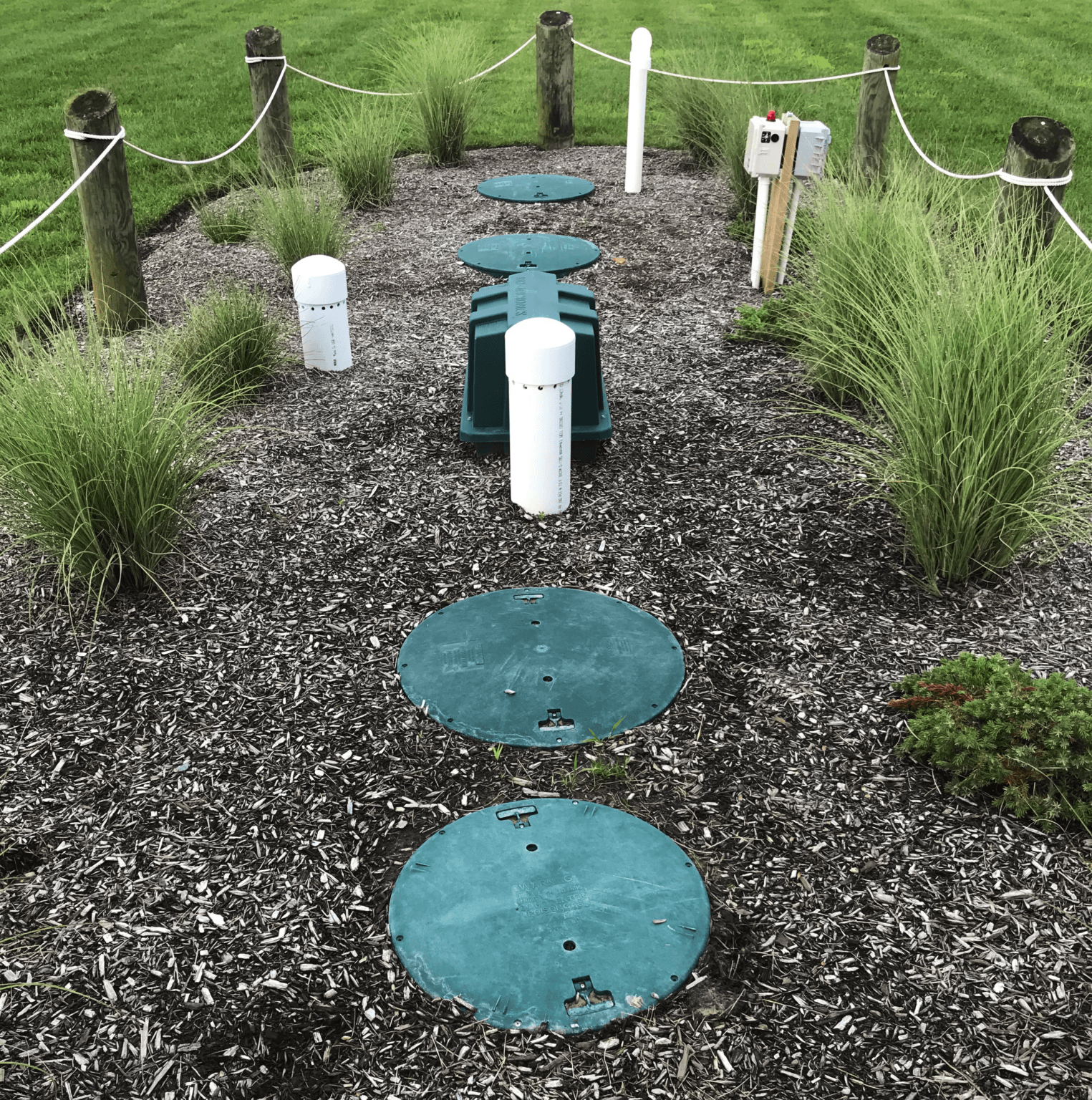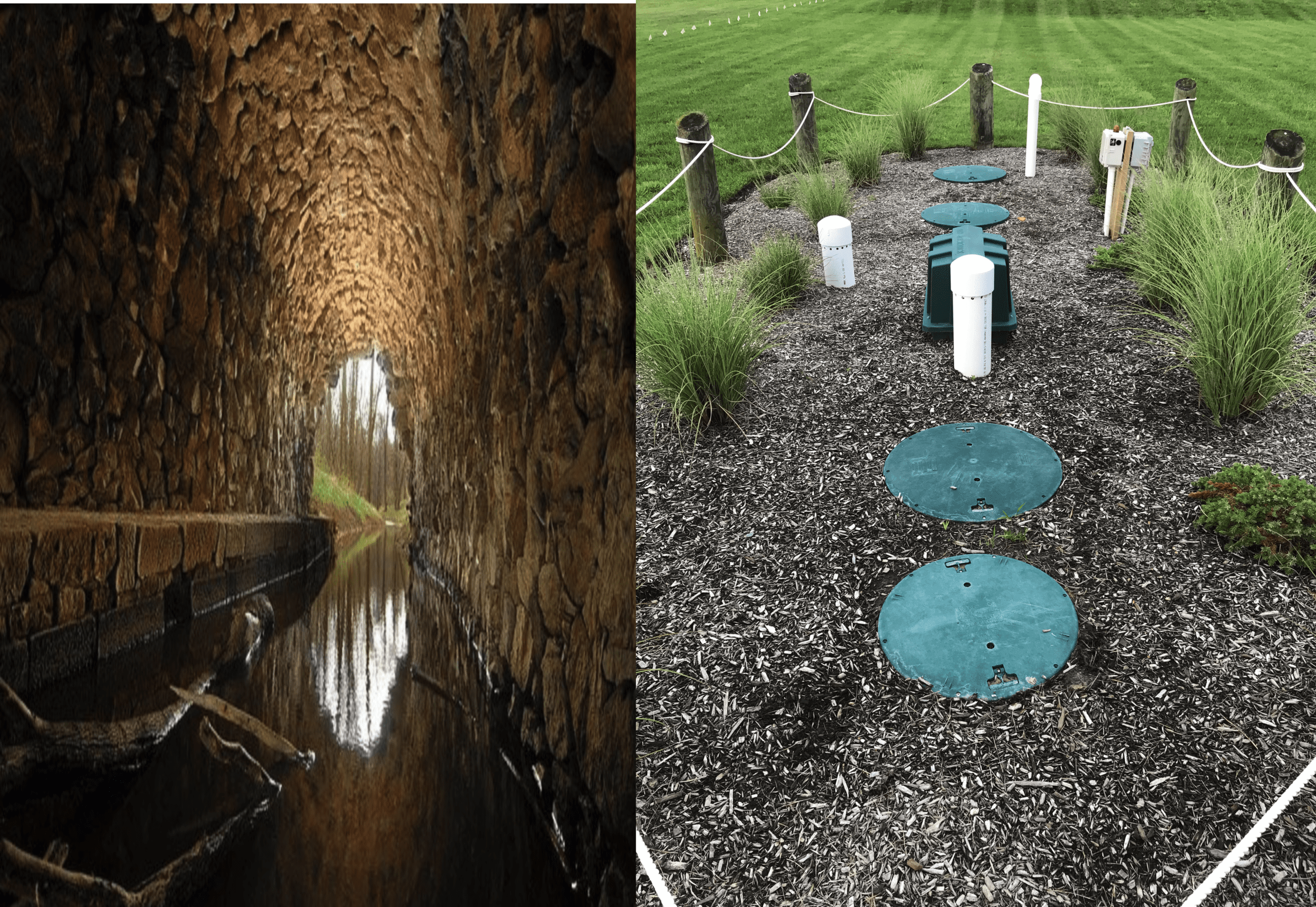Some people like to have an independent household, and they prefer septic systems. Others don’t want to be bothered and like to be connected to a city sewage system. And yet others, like us, didn’t think much about it. We liked the city and the neighborhood, and we got the house built and didn’t think of the pros and cons of buying a house with a septic system.
Septic systems are cost-efficient, environmentally friendly, safe, and having one will teach you how to be responsible and conserve water. On the other hand, maintenance and repair costs are your responsibility. And, although rare, there is always a possibility of a drain field fail or septic backup issue.
You may be in the market for a new house, and the least of your worries is whether you have a septic system or are connected to a city sewer. Although I think the pros and cons are pretty balanced, it doesn’t hurt to know them before making a final decision.
If you have never heard about septic systems like us, you may be surprised about the whole concept.
Types of Septic Systems
Depending on a location, terrain, and numerous other factors, different septic systems are chosen to fit different properties. Below is a list of the most common septic systems you may come across.
Conventional Septic System
Conventional septic systems are typically installed at single-family homes. It is a system with a septic tank and a drain field. Water, including wastewater from the house, travels to a drainage system and ends up in the septic tank. Read this article to figure out where your septic tank is.
Solids (sludge) sink, while oil and grease (scum) float on top. Liquid material known as effluent stays in between the scum and sludge and travels from the tank into the gravel/stone drain field. Then soil in the drain field naturally further treats the effluent.
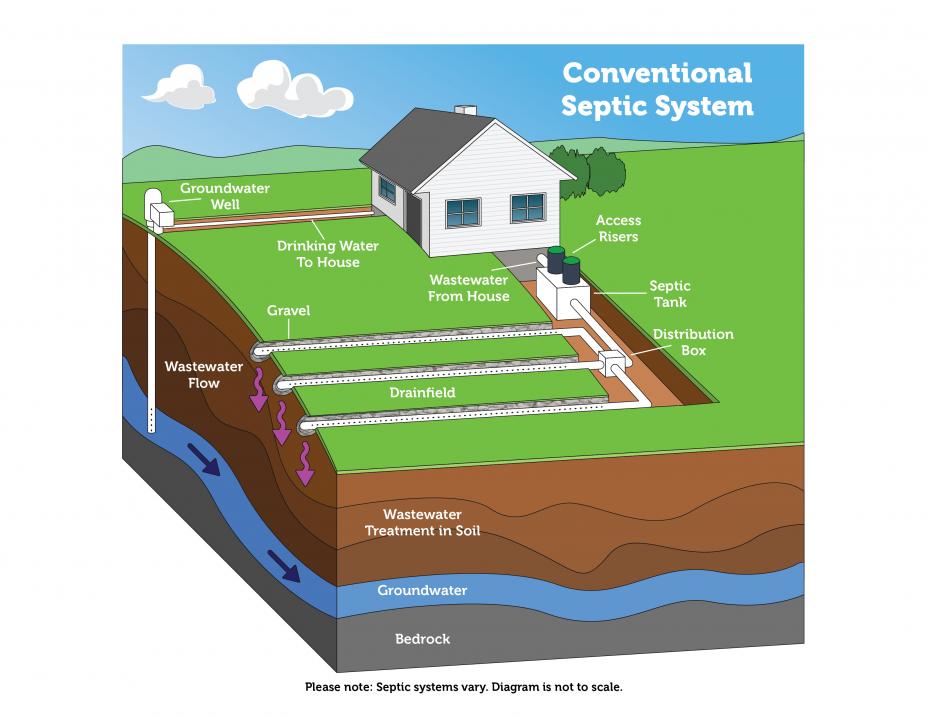
Chamber Septic System
Unlike the conventional system, the chamber septic system doesn’t use gravel.
In a chamber septic system, connected pipes carry effluent to the chambers from the septic tank. The chambers are surrounded by soil, where natural microbes and organisms treat the effluent.
Drip Distribution Septic System
A drip distribution system is characterized by pipes in shallow soil that distributes the effluent evenly over a large area.
Mound Septic System
This is the septic system we have. I was surprised and curious to know why we had a cute little mountain at the end of our yard. I soon found out that it was part of our septic system.
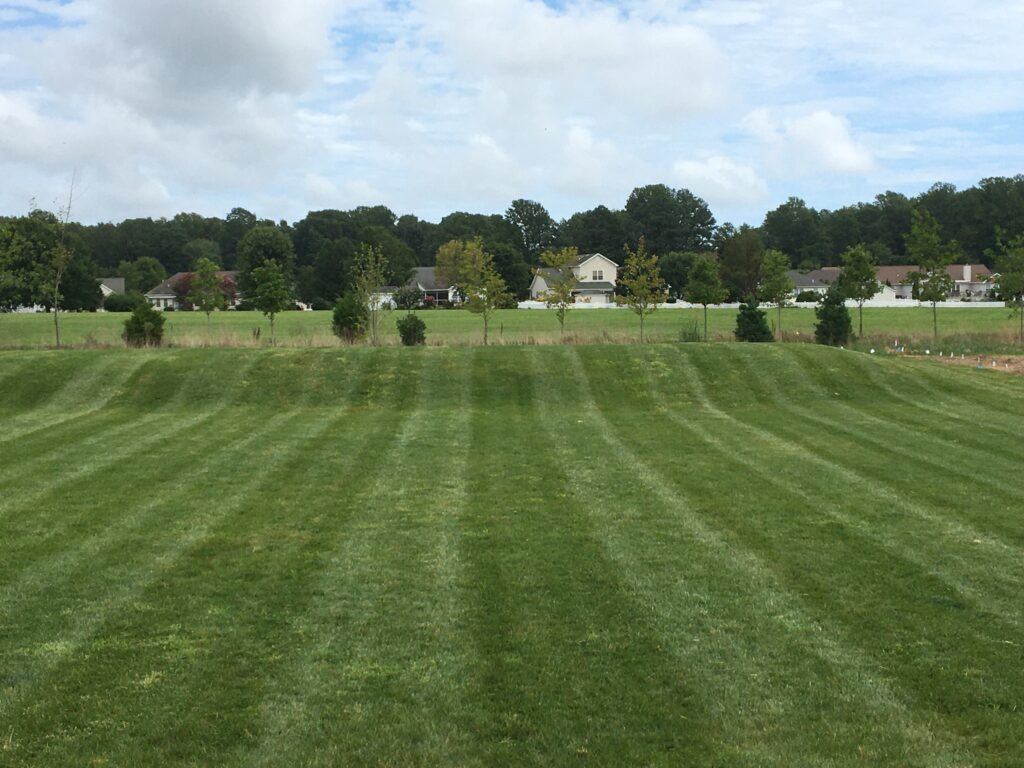
Mound systems are used when it is determined that your house is located in an area with high groundwater or shallow bedrock or soil depth. The choice of having a mound system is made one house at a time within a development. For example, our lot required a mound, but the lot to the left of us didn’t. Yet, the houses to the right of us also have a mound.
The mound is an artificial drain field, which is elevated above the natural soil. It contains a layer of gravel and another layer of sand below the gravel. Effluent is pumped at specific intervals through thin pipes embedded within the gravel, and slowly treated as it goes down gravel and sand.
You often don’t have control over which system you have, as soil conditions and city code determine it.
Pros of Having a Septic System
Septic systems have a lot of advantages, and here is a list of the most important ones.
Cost Efficiency
Septic systems will save you money in different ways:
- If you have a septic system, there is no need to pay monthly fees for using the city sewage system
- Installing the system can be cheaper than connecting to the city system
- You will learn how to conserve water not to overflow your system, and your water bills will be lower by having a septic system
- Quality constructed and well-maintained septic system can last a lifetime, and there will be no need to replace it if everything is in working order
- You will think twice before you flush anything or spill it in the kitchen sink. In the long run, that will have a significant impact on the pipes. Everyday items can damage your septic system. Less blockage and abrasive materials mean longer and healthier pipe life.
Safety
Modern systems have fail-safe options, and you don’t have to worry that wastewater will back up into the house. This occurrence is very rare.
Even if that happens, you will know what you are dealing with. The waste is from your home only and there is no need to panic about possible health hazards related to different chemicals and similar substances that your neighbors may have flushed.
If the city sewage backs up, you never know what you are dealing with.
Environmental Impact

Because wastewater from a septic system is treated naturally, it will influence the flora nearby. You may even notice the grass is greener near the drain field.
Using less water to make sure it doesn’t impact your septic system is also beneficial. Responsible usage of washing machines and careful water management while washing dishes conserves gallons of water every month.
Homeowners with septic systems often use septic-safe cleaning products that are also environmentally friendly. Harsh chemicals can harm flora and fauna, especially aquatic animals. You are unlikely to flush cotton pads, ear sticks, and similar items if you have a septic system.
Instead, you’ll properly dispose of them, and they will have a chance to end up in a recycling bin instead of the ocean.
As you can see, having a septic system has various potential benefits for the environment.
Independence
As already mentioned, the septic system serves your house only, while the city sewage is there for thousands of homes. There is a particular pleasure about being self-sufficient; you will never depend on the city. If there is a problem that affects the sewage system, you and everyone else will be unable to use it, and you can never know how long the repair will last.
The Septic system puts you in control to make decisions if something goes wrong.
Cons of Having a Septic System
Nothing is perfect, and everything has some drawbacks. Here is a list of septic system cons.
Regular Maintenance
When you own a septic system, you are responsible for system maintenance.
The convenient part is that you can schedule it whenever it suits you, but the downside is that it has to be regular. At least once a year, the system should be inspected, preferably by a professional.
If there are some issues, repairs may have to be done. And the cost of everything will be on you. If you have a city sewer, the cost of all repairs is covered by the city.
If you have a septic system, get to know the main parts and how it works. This will help you notice if something is out of order, and you will be able to call for professional help before the problem becomes large and expensive.
Drain Field Issues
The Septic system can’t work without a drain field. And having one will require a portion of your yard having limited use for anything else.
If you have a tree with strong roots nearby or park your car on top of it, the drain field can get damaged. This situation can result in water flowing out of the drain field, creating puddles of water in your yard.
If the drain field fails, you will have to stop using the septic system until you repair it. And that means no showers, no toilet flushing, and no water usage for a while until it is repaired. That can be hugely inconvenient, and the repairs can be costly.
Always be aware what you can and can’t do around your drain field.
Replacement Cost
Septic systems are built to meet a particular household’s needs and have a limited capacity based on that. If you start using a lot more water than before, perhaps because you now have more family members, your septic system may not be able to handle it.
If the system reaches its threshold, you may need to replace it for a bigger one. Unfortunately, it is not possible to increase the capacity without expensive professional work.
Septic System Inspection Before Buying a House

If you are thinking of buying a house with a septic system, always get the system inspected before purchase. It is worth spending a little bit of money to be safe.
Home inspectors may not do the job, so hire a professional. Just like with HVAC systems, inspectors are expected to check the system, but they are frequently in a hurry and have no time or experience to do the proper checkup.
A septic system inspection, even if the regular home inspector does it, should include the following:
- Proof of the last inspection to determine that it was regularly inspected and maintained. If possible, you can ask previous owners to show you receipts from any replacement parts or maintenance work done.
- Sludge levels in the tank
- Drain field location inspection to determine that the drain field is properly located and there are no obstacles or water sources nearby
- System size check up to see if the system is sufficient to support a specific household size
- Tank and lid checkup to see if there are any holes, cracks or other damage
- Presence of wastewater above ground
- Drain lines inspection to see if the water amount is correct
- Inlet and outlet pipes and connections checkup
Professionals will be more detailed and may notice even the slightest irregularities that, if ignored, can turn into a severe problem.
You should now have a better understanding of the pros and cons of buying a house with a septic system and should be able to make better-informed decisions.
Now it’s up to you to decide if buying a house with a septic tank is a deal breaker.
Conclusion
When considering buying a house with a septic system, it’s important to weigh the pros and cons. Septic systems can be cost-efficient, environmentally friendly, and provide a level of independence from city services.
However, they also require regular maintenance and potential repair costs. The choice of septic system will be largely determined by location and terrain, with conventional, chamber, drip distribution, and mound systems among the options.
Ultimately, understanding the nuances of septic systems can help you make an informed decision when buying a property.
Related Posts:
